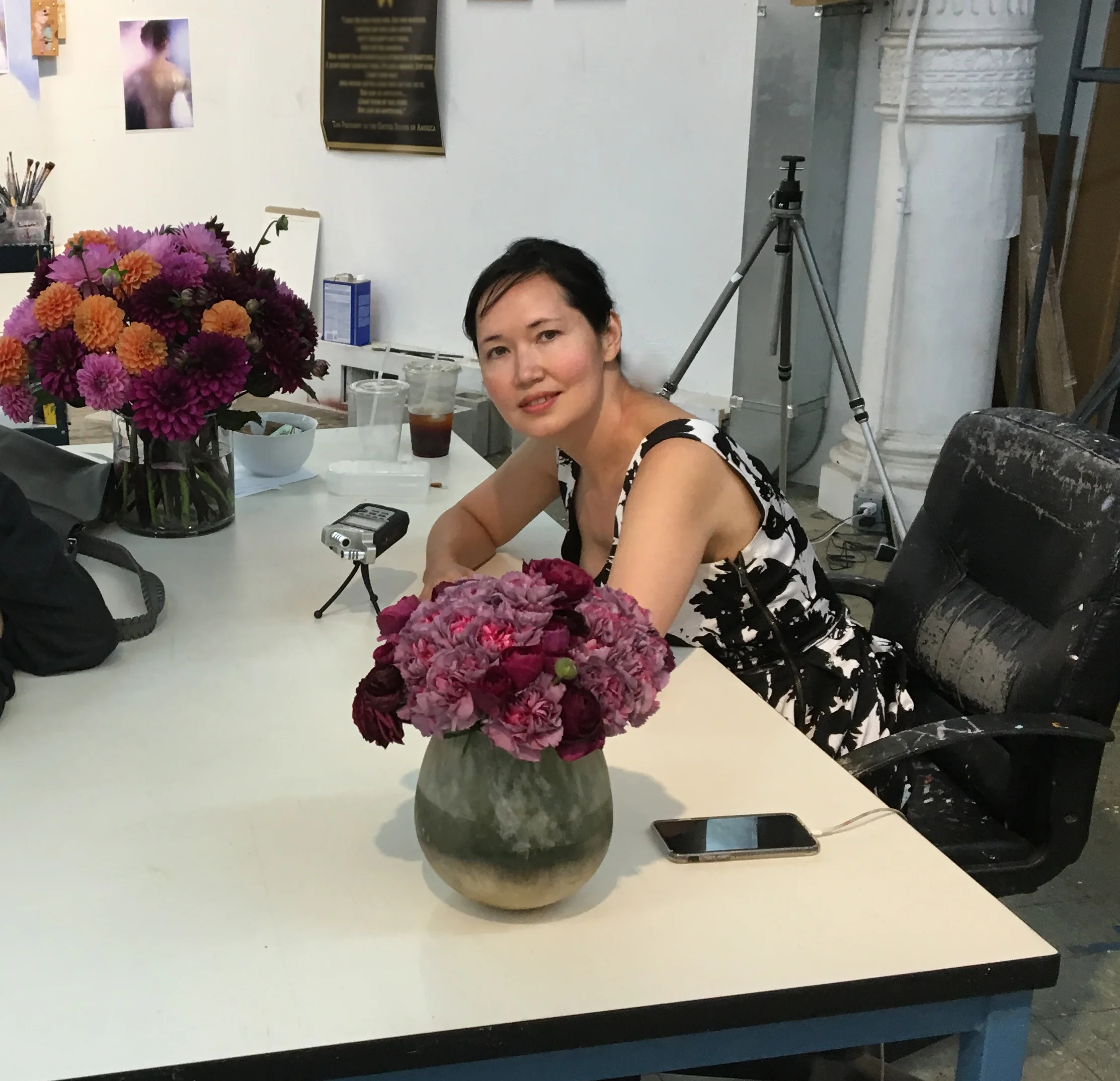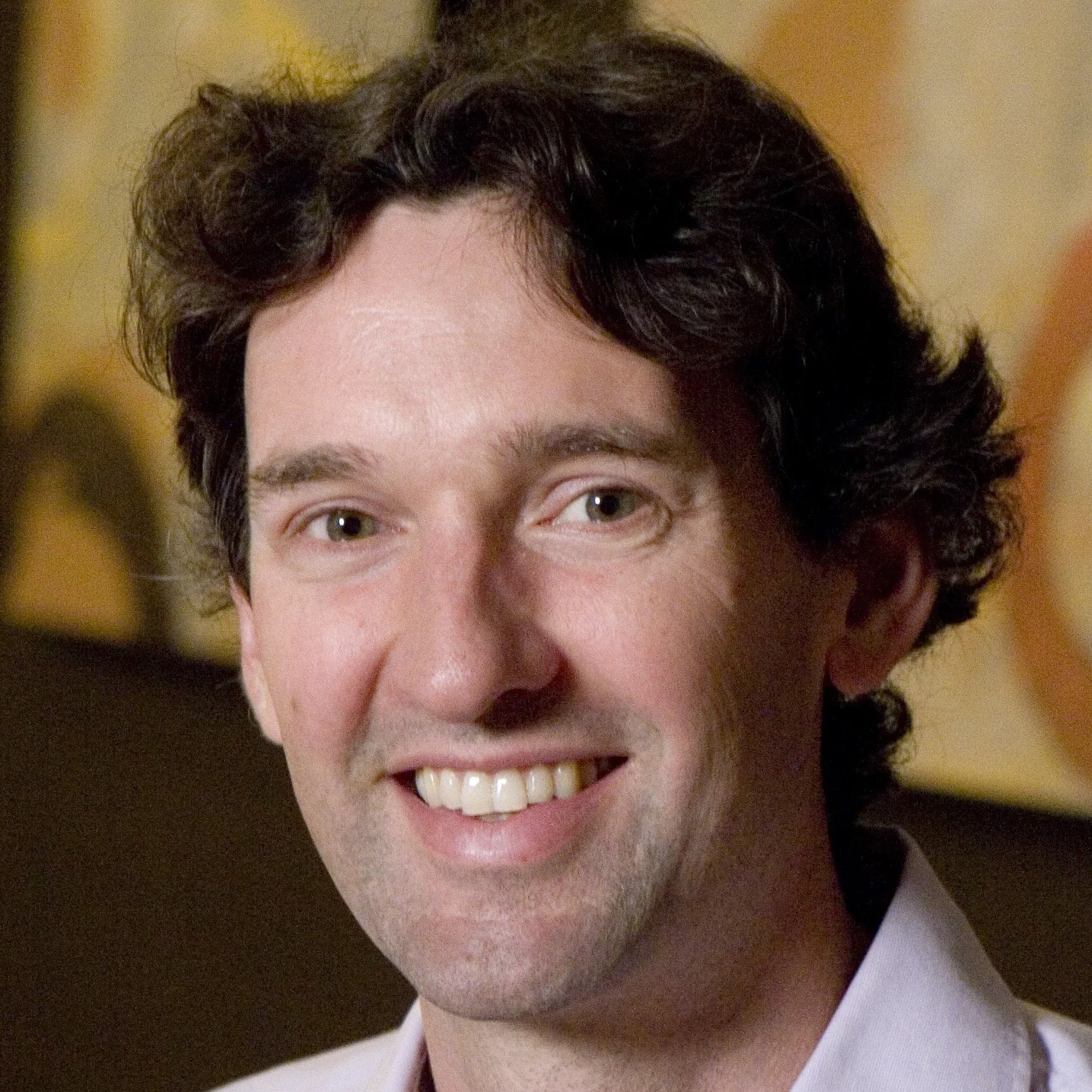TREVA B. LINDSEY - Black Feminist Historian - Author of America, Goddam: Violence, Black Women & The Struggle for Justice
/Black Feminist Historian · Founder of the Transformative Black Feminisms Initiative at Ohio State University
Author of America, Goddam: Violence, Black Women & The Struggle for Justice
We have to be unwavering in our commitment to principles of justice and freedom and be harbingers of hope. So for me, this is a lifelong thing, and I think of it as ancestor work that I one day will be somebody's ancestor, and I want them to be proud of the work that we did to give them a world that’s a little better of an inheritance than the world that I was born into. And I think that is how we mark progress in more nuanced ways, in more honest ways. It doesn't need to be a straight line towards freedom, more of a journey with wins and losses, setbacks and victories.






















